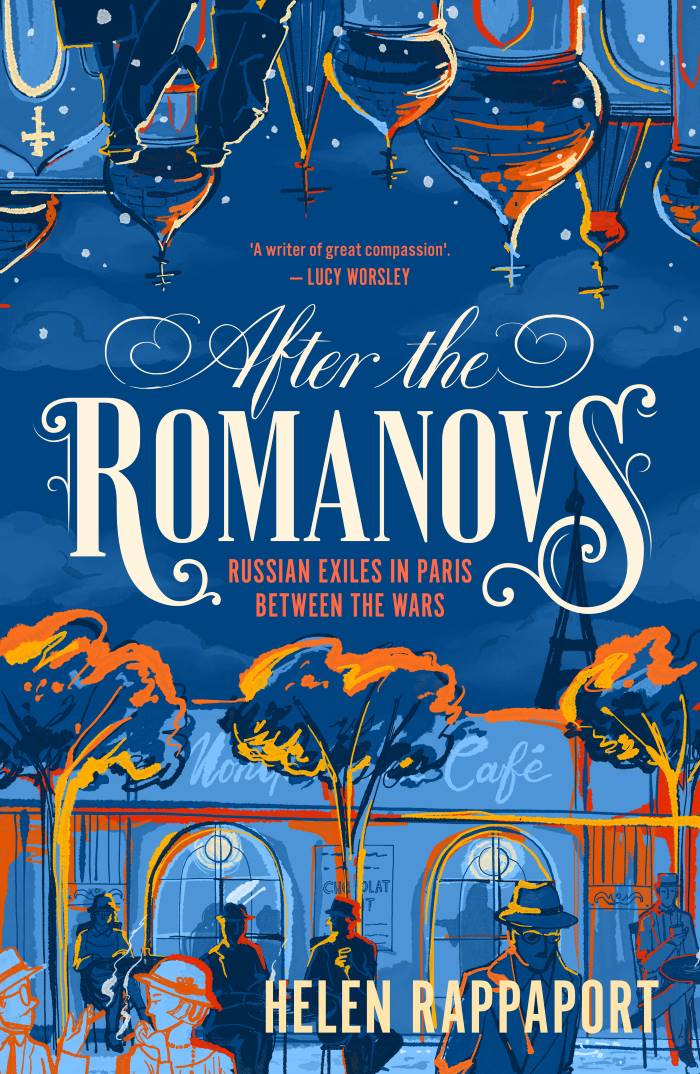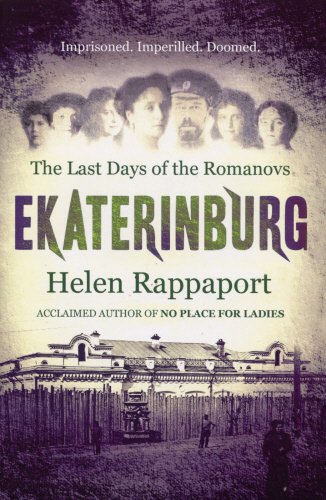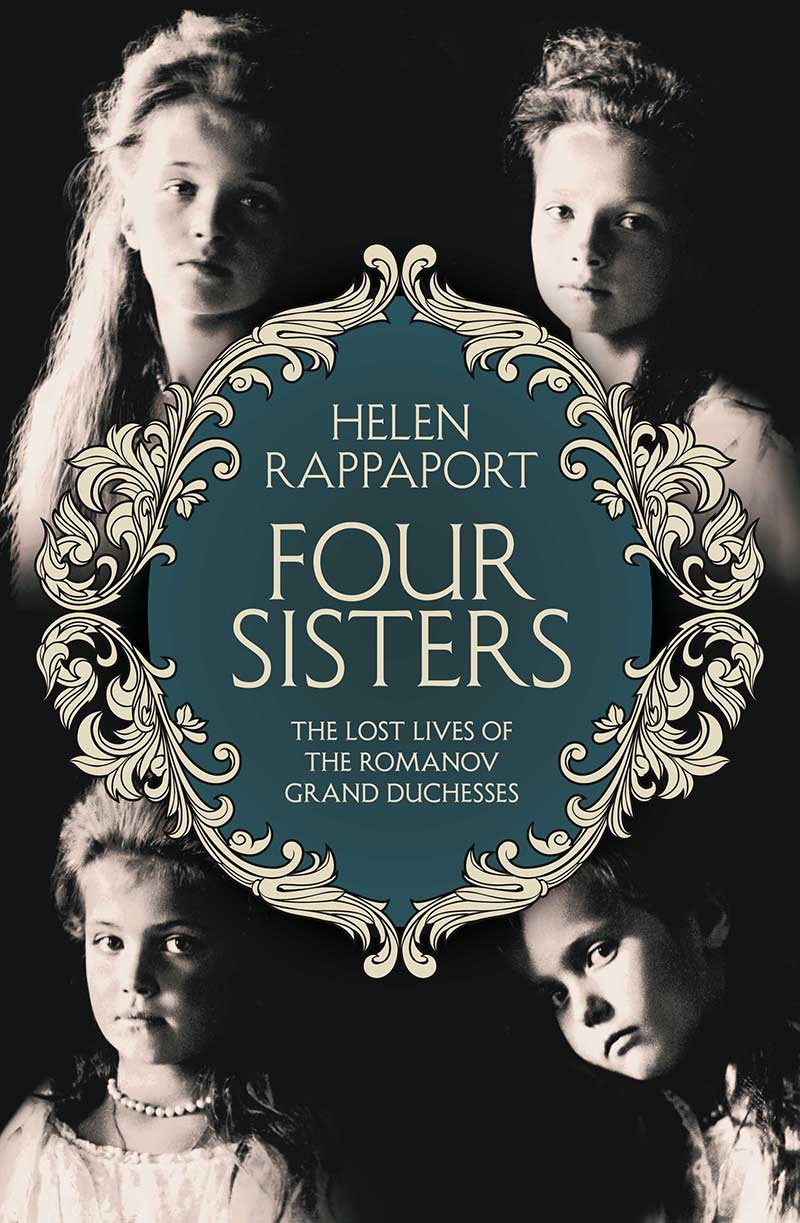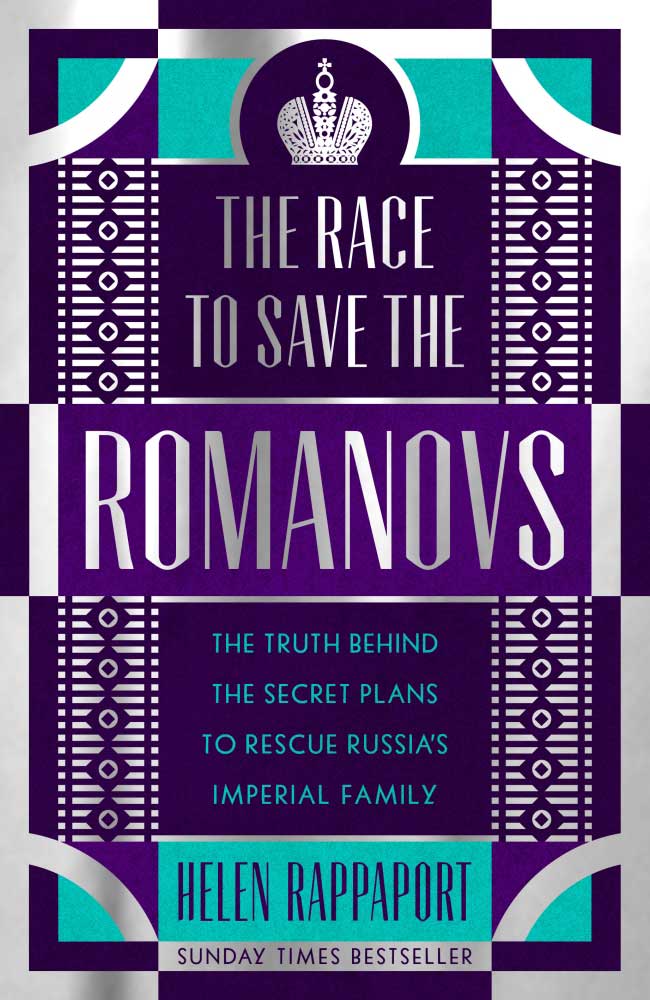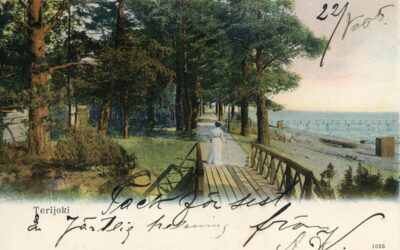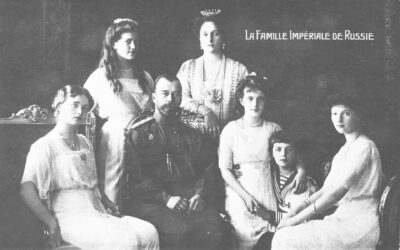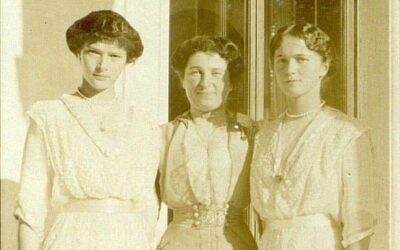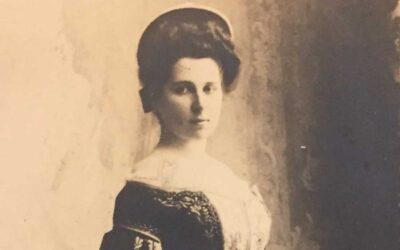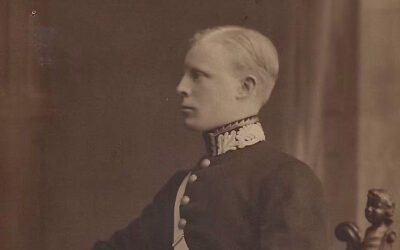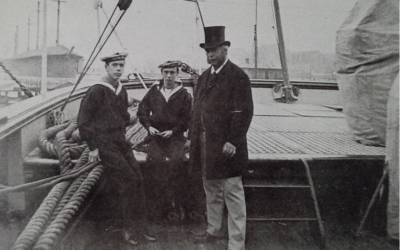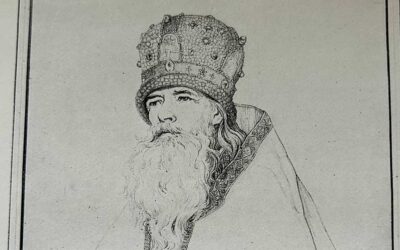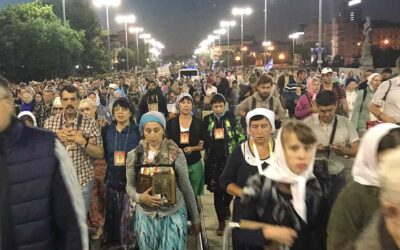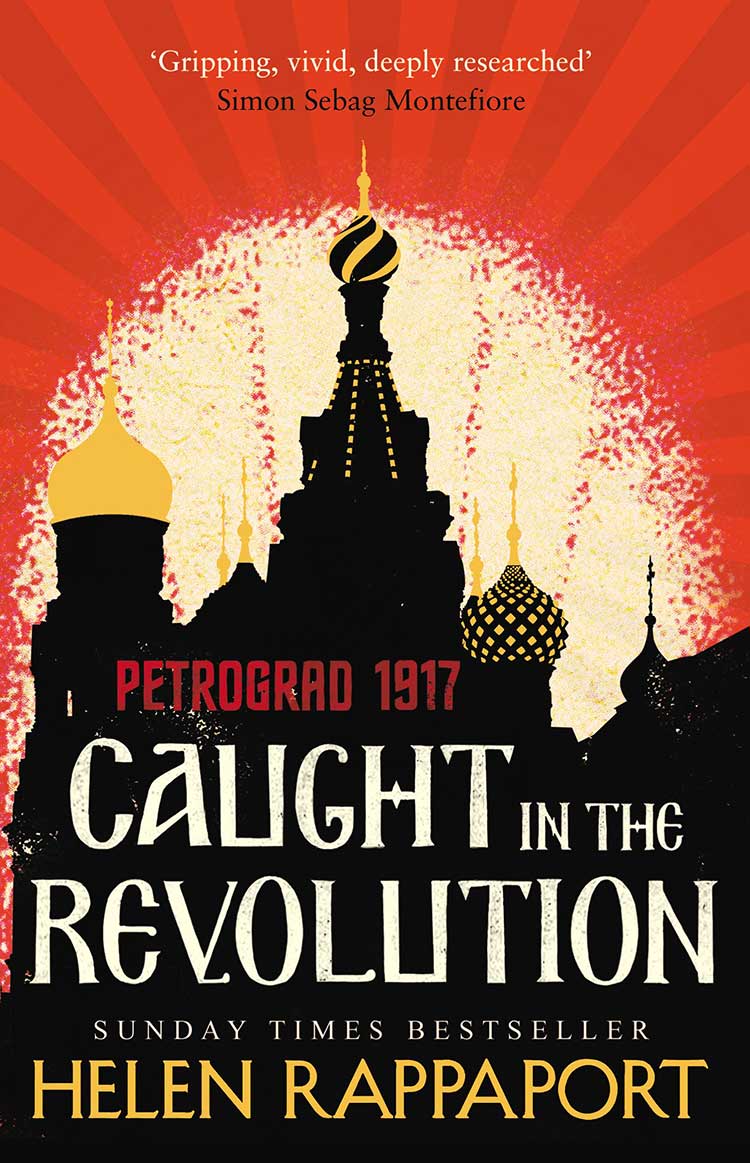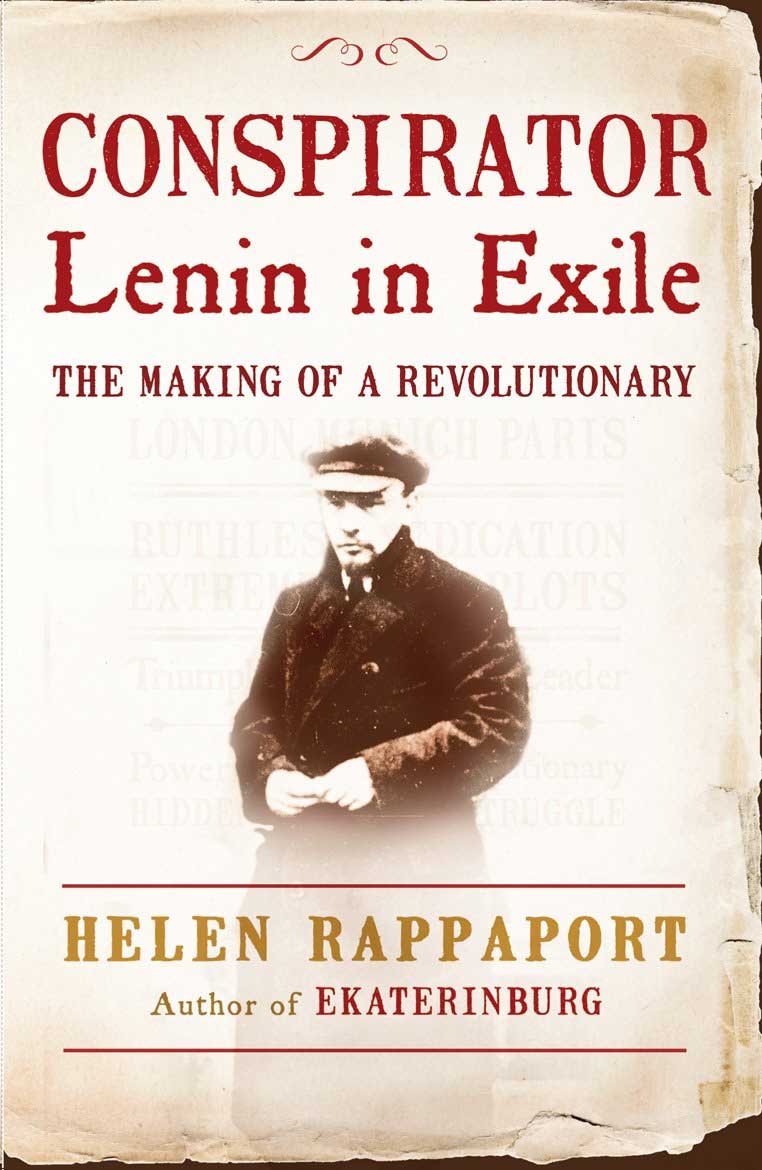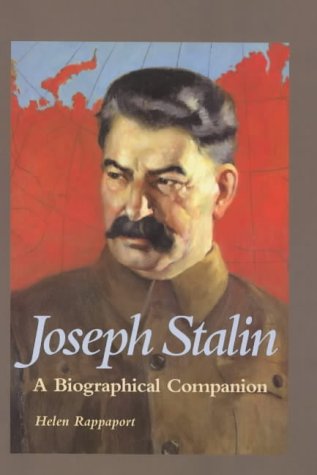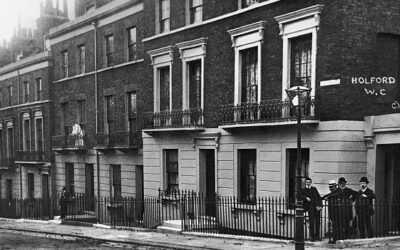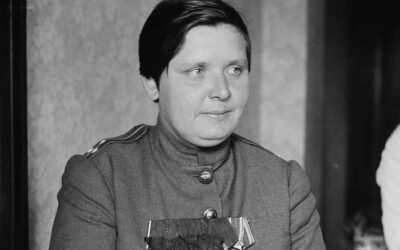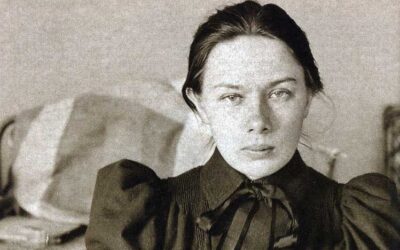The Romanovs, Russia & Revolution
from the last days of imperial russian grandeur, to war & revolutionary chaos
“I always enjoy Helen’s writing style, books grounded in meticulously accredited scholarly research but all presented in an accessible and informative way; the same style that instantly drew me into No Place For Ladies, Ekaterinburg and Beautiful For Ever.”
Lynne Hatwell, Dovegreyreader blog
This page is a portal into all Helen’s work on the Romanovs, Russia & Revolution. Scroll down for links to her books on these topics & to her latest articles, videos and podcasts relating to them. Click HERE to jump to the section on Lenin & the Russian Revolution.
Books about The Romanovs
The Rebel Romanov
The first biography of Juliane of Saxe-Coburg, who became Grand Duchess Anna Feodorovna on her marriage to the future Alexander I’s brother Konstantin. It draws on extensive primary research in the Saxe-Coburg archives, the Royal Archives at Windsor and includes many previously uncited and newly translated letters and contemporary accounts from German, Russian and French sources.
After the Romanovs
After the Romanovs is the story of the Russian aristocrats, artists, and intellectuals who sought freedom and refuge in the City of Light. Paris has always been a city of cultural excellence, fine wine and food and the latest fashions. But it has also been a place of refuge for those fleeing persecution, never more so than before and after the Russian Revolution and the fall of the Romanov dynasty.
Ekaterinburg: The Last Days of the Romanovs
Four Sisters
The Race to Save the Romanovs
The Romanovs & Revolution
Here is Helen speaking at the Rancho Mirage Writers Festival with Susan Eisenhower, the distinguished American writer and expert on International Relations
The Romanovs – 100 years on
Helen explore how the Soviets tried to erase the memory of the Romanovs in this film for Dan Snow’s History Hit
The Romanovs’ religious faith
Having offered advice and shared information with the fathers of the Greek Orthodox Mesa Potamos Monastery in Cyprus during the course of their work on an exquisite and scholarly book about the Romanovs, they asked me to contribute an audio piece for their website about the family’s religious faith.
I am not a monarchist, or a royalist and am religiously agnostic, but believe that it is the private family life of the Romanovs that defines them as human beings. I admire their religious devotion and for me, this is an important gesture of respect. It is also a final moment of remembrance, for I do passionately believe that this is how we should best remember Russia’s last Imperial Family.
Please allow a few seconds for the film to load.
Latest Articles and Media about The Romanovs
Anna Vyrubova and her American Patrons
Anna Vyrubova and her American Patrons ‘Nobody, I am very much afraid, is interested in the Czar or his fate. Later it will be different. Many years later, I think.’American journalist Rheta Childe Dorr Anna Vyrubova’s devotion to Tsaritsa Alexandra...
OTMA – The Romanov Sisters
Going out into the Koptyaki Forest where the family’s bodies were dumped after they were murdered in July 1918, left an indelible impression on my mind and my creative imagination. I wanted, with a passion, to tell the story of those four lovely, much photographed but historically neglected sisters…
Sophie Karlovna Buxhoeveden, Pt 2
In May 1919, after having been received by Alexandra, the Queen Mother at Marlborough House, Isa travelled on to Copenhagen where she was finally reunited with her widowed father and she lived with him there for the next year or so.
Sophie Karlovna Buxhoeveden – Pt 1
Sophie Karlovna von Buxhoeveden [styled Буксгевден/Buksgevden in Russian] – or Isa as she was known to the Imperial Family – always thought of herself as a Russian. But although she was born in St Petersburg in 1883, her father Karl Matthias had come from Dorpat [today’s Tartu] in what was then the Governorate of Livonia of which Estonia was part.
Thomas Hildebrand Preston, 1888-1976: The British Diplomat who Tried to Save the Romanovs
Thomas Preston, the British Consul in Ekaterinburg in 1918, did his best to help the imprisoned Romanov family an in alerting the Allies to their perilous situation
but till now little has been written about his life and diplomatic career.
Mr Heath – Tutor to Tsar Nicholas II
‘It was Mister Heath who frequently reminded his imperial pupils of the English saying that aristocrats are born but gentlemen are made.’
Amazon’s Romanoffs vs the Real House of Romanov
It may be fiction but there is no doubt that it exploits the same tired old myth-making about the Romanovs that many Romanov historians and aficionados such as I are sick to death of seeing and reading about. It is time all these false claims and their attendant mythology were finally closed down…
The Last Days of Sydney Gibbes
It was something of a tradition in the Imperial Family to have non-Russian tutors and nannies for their children. Perhaps the best known of them all was the English tutor Sydney Gibbes who taught first Anastasia and Maria and later Alexey the Tsarevich.
The Romanovs Centenary Celebrations 2018
The huge numbers of pilgrims who travelled to Ekaterinburg – not just from within Russia but from all over the world – are a testament to the enduring power of the Romanov story and the strong sense of identification that many Russians have, still, with their murdered Imperial family…
Lenin & the Russian Revolution
the bolshevik leader’s years in european exile and the road to petrograd 1917
“[The] centenary will prompt a raft of books on the Russian Revolution. They will be hard pushed to better this highly original, exhaustively researched and superbly constructed account.”
DAILY TELEGRAPH
Books about Lenin, Stalin & the Russian Revolution
Helen’s work takes the reader through Lenin’s difficult & dangerous years in exile 1900-1917, the rise of Joseph Stalin & events leading to the 1917 revolution, & on through the repressive years of the Stalinist Soviet Union
Caught in the Revolution
Conspirator: Lenin in Exile
Jospeh Stalin: A Biographical Companion
Latest Articles and Media about Lenin & the Russian Revolution
Lenin in London
Most people know the now legendary tale of how Lenin returned to Russia after many years in exile on a sealed train across wartime Germany, arriving at Petrograd’s Finland Station on 16 April 1917. But few are aware of the life he led in Europe between 1900 and his dramatic return. During those years he came to London on five separate occasions…
John Reed: Writing the Russian Revolution
John Reed was the archetypal rebellious romantic. He was made for revolution and hungry for a cause and the Russian Revolution found its most passionate American advocate in him
Mariya Bochkareva and the Petrograd Women’s Death Battalion
“Since our men are hesitating to fight, the women must show them how to die for their country and for liberty…” In May, in Petrograd, Mariya Bochkareva held a mass recruitment rally for the Women’s Death Battalion.
The Women in Lenin’s Life
Lenin had no qualms whatsoever in ruthlessly exploiting the loyalty of the women who formed his essential back up team. He wore them all ragged in the cause of his own political ends.

